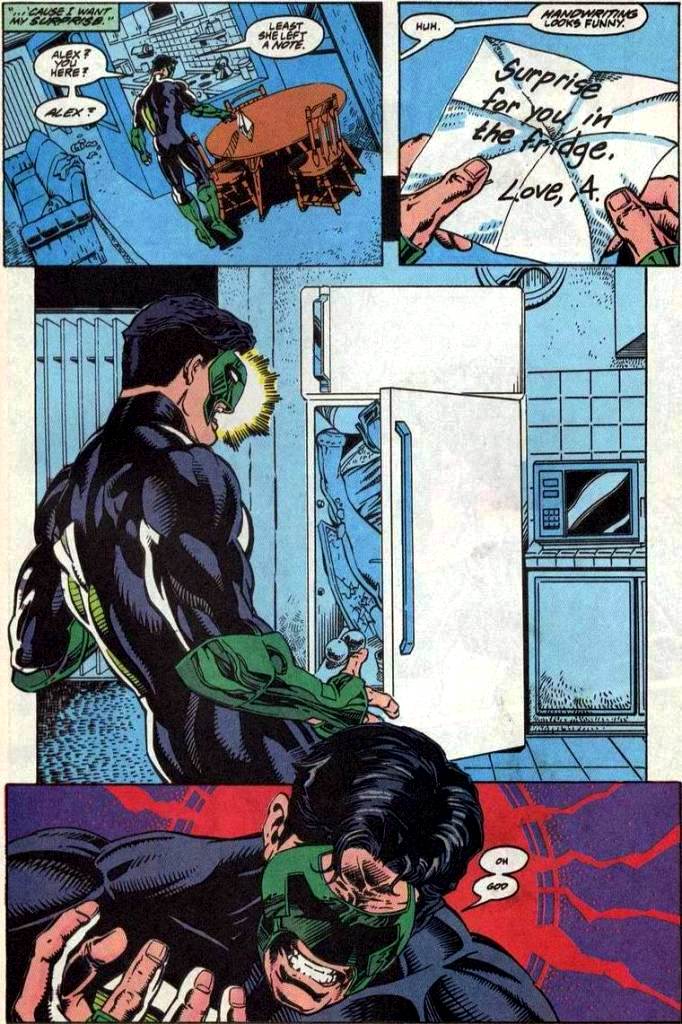Then there is her sheer determination - she's had to reinvent her career several times over her career, ending up with writing under three nom de plumes (Amanda Quick, Jayne Castle, Jayne Ann Krentz) to showcase her different writing interests (historical novels, futuristic/fantasy, and contemporary).
There is her intelligence - as a former librarian myself, I am always in awe of her excellent research. Her non-fiction book, Dangerous Men and Adventurous Women, has become the basis of intellectual discussion on the romance genre. She's generous to both readers and writers.
But most of all, she writes fiction that changes your life. I will always, always be grateful for this passage in Lost and Found. The heroine, Cady, spent the night at Mack's (the hero) house. His daughter catches them over breakfast. She's not too thrilled with the scenario.
Garbriella raised on shoulder in a jerky little shrug. "You think you're special"
"Uh-huh."
Gabriella spun around. "Why?"
Cady went back to the counter to get the English muffins. "Probably because I don't suffer from low self-esteem." (emphasis mine)
The first time I read that, I stood up involuntarily. I had never seen a heroine declare that she was special. I had never thought what it could be like to live with real self-esteem and not the crippling self-doubt I carried.
Heroes show you how to be what you want to be. By reading her books, I learned what it was like to have confidence.
And it feels amazing.




